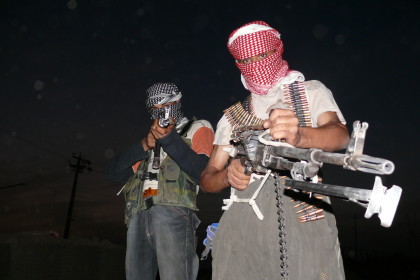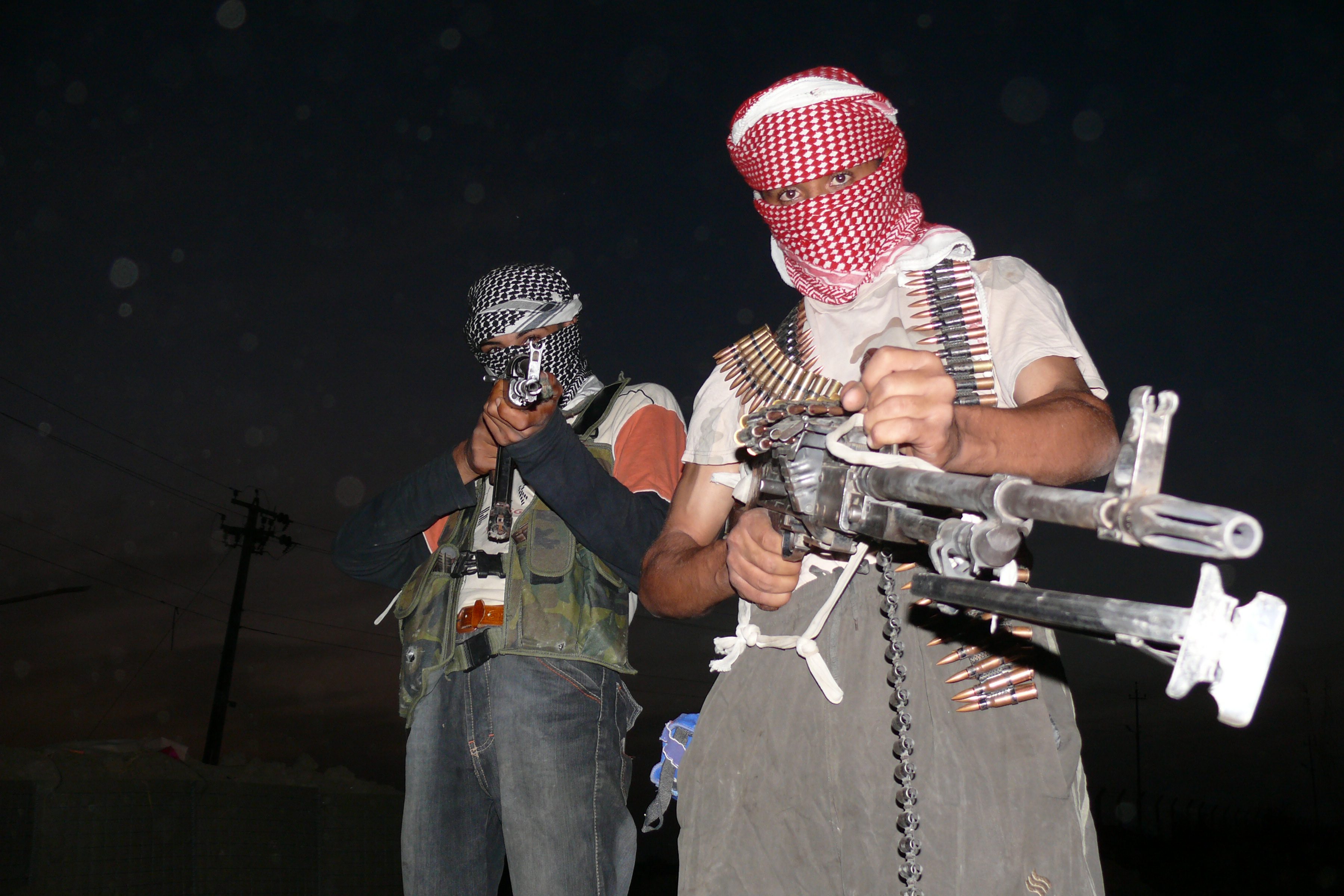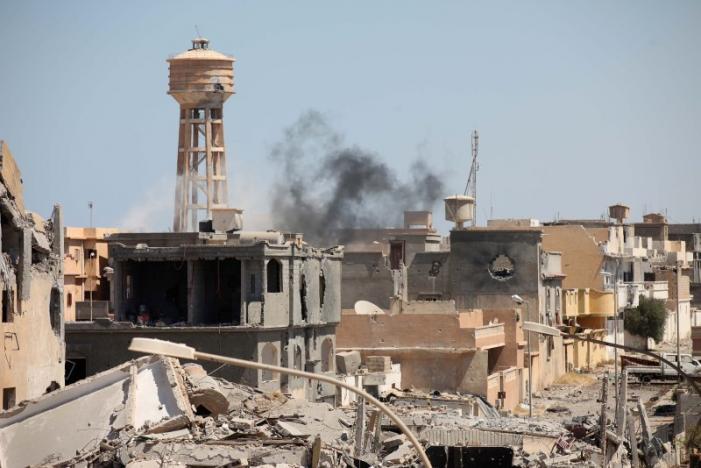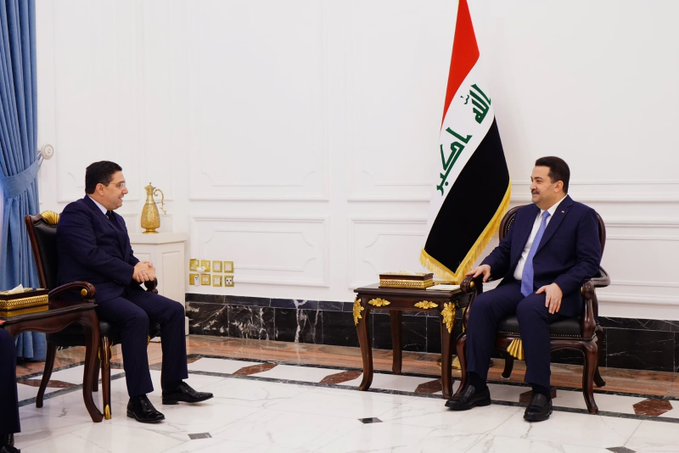 The Islamic State group seems to be on the verge of refreshing its tactics as it continues to lose territories. The latest attacks claimed by the Sunni inclined Islamic State group have targeted public places in Shia areas especially in Iraq where ISIS eventually lost Ramadi to the Iraqi troops.
The Islamic State group seems to be on the verge of refreshing its tactics as it continues to lose territories. The latest attacks claimed by the Sunni inclined Islamic State group have targeted public places in Shia areas especially in Iraq where ISIS eventually lost Ramadi to the Iraqi troops.
Shia groups retaliated to these attacks and targeted Sunni interests and religious places.
The possible change of tactics comes at a moment when Saudi Arabia and Iran are strongly opposing each other’s actions diplomatically amid fears that they could raise regional sectarian crisis to another level as Gulf States give their support to Riyadh. Tehran has strong ties with Lebanese based Shia militant group Hezbollah and is said to be supporting the Shia Houthi rebels in Yemen while the Gulf States back rebel groups in Syria with Saudi alleged to be behind Sunni Islamist groups such as Jaysh al-Islam.
Abdulkareem Khalaf, a retired general and former spokesman of the Iraqi Interior Ministry, warned that “Daesh had to use the sectarian card to ignite the area (Iraq) and find another burden to be added onto the shoulder of the (Iraqi) security forces” following suicide attacks in Shia-dominated neighborhoods because it wants to “create further problems and hurdles to complicate the security situation.”
Sectarian tension could flare up in Iraq and possibly spread to other countries if the attacks increase as Haitham al-Joubori, a Shia politician and ally of former Iraqi prime minister Nuri al-Maliki, stressed that “the security breach that took place in Baghdad and Diyala (last Tuesday) is a big scandal which cannot be ignored, like its predecessors” adding that it would have been followed by “massive resignations” if it had occurred in another state.



